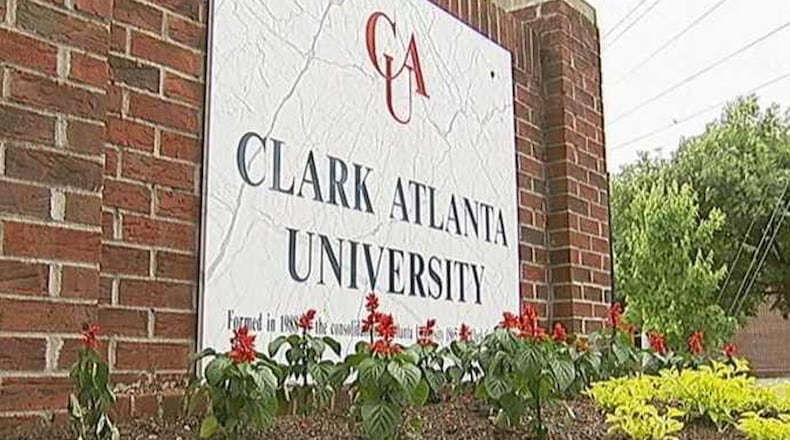The fall semester often begins with familiar complaints from some students and parents on many college campuses.
The school didn’t properly process the student’s financial paperwork. The college erred and the student has nowhere to live on campus.
This year was no different for some metro Atlanta campuses.
More than 150 Clark Atlanta University students said the university had no dorms available for them when they arrived on campus last month. Frustrated students waited in hallways on campus for dorm keys, appealing for action on social media, drawing national headlines. The university scrambled to find housing for the students.
Not the way the university wanted to begin a celebration of its 30th anniversary.
A Clark Atlanta spokesman did not respond to requests for comment about any plans in the works to ensure such a situation doesn’t happen again.
Last year, the University of Georgia offered local area students $1,000 to give up their dorm rooms after facing a critical dorm shortage. It also offered $3,500 incentives for some students to accept other housing options.
Harold Martin Jr., who served as Morehouse College’s interim president last year, was upfront in an interview last year with The Atlanta Journal-Constitution that its financial aid office often does a poor job serving students. The college added an employee to its financial aid office this semester, but there are still complaints.
One parent, Adriane Berry, contacted the AJC, saying the college sent her son an email the day before he was supposed to move onto campus stating he couldn’t do so due to financial-aid issues. Berry said she reached out to Morehouse but didn’t get a clear answer after a few days and helped her son, who she said was part of the college’s student government association, transfer to Savannah State University.
“This should not be happening in our institutes of higher learning, particularly those that have been in existence for over 150 years,” Berry said.
Morehouse said in a statement it does not discuss the financial situation of current or former students.
“As a matter of protocol, every financial aid eligible student who applies for aid receives an award letter with a proposed plan detailing how they could fund their Morehouse education. Families can then decide whether to take our recommendation or seek other financing. Morehouse does not decide the outcome of federal or private loan applications,” the statement said.
Several organizations released a report in 2015 funded by the Bill & Melinda Gates Foundation that recommended, among other things, federal officials alert students about their financial aid options faster. Gates wrote in a blog post earlier this year that just half of low-income high school seniors who would qualify for federal student loans or grants apply for them because of the complexity.
U.S. Education Secretary Betsy DeVos last year announced plans to introduce a mobile app for students to apply for federal financial aid with less stress. She talked about the app and other ways to streamline the financial aid process during a visit to Georgia State University in November.
It’s a step, hopefully.
About the Author





